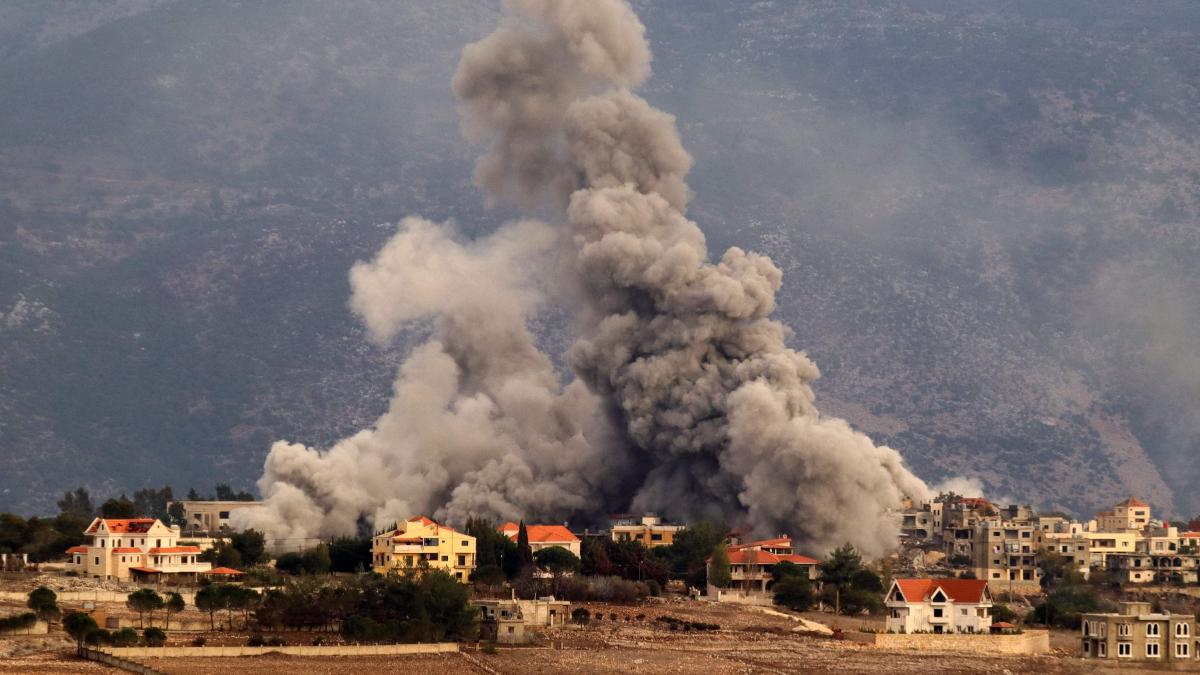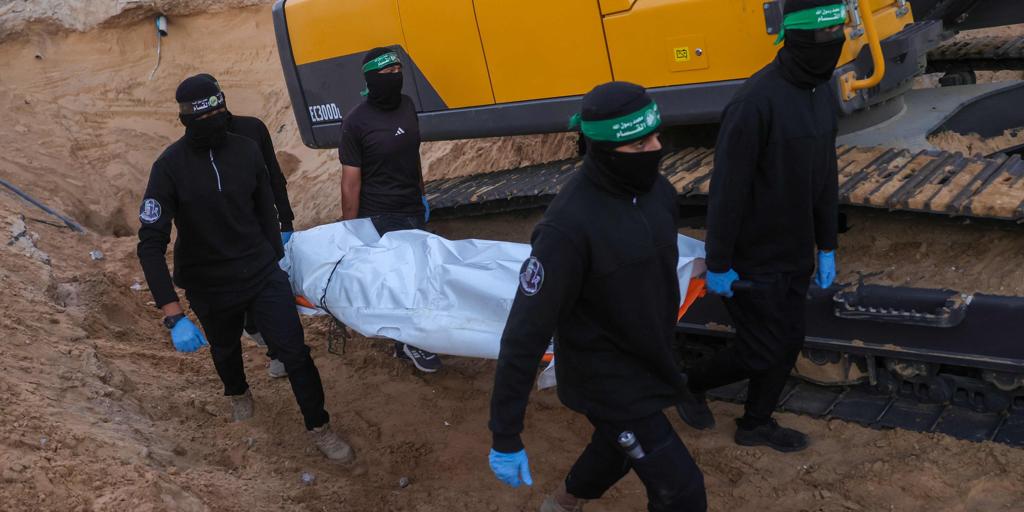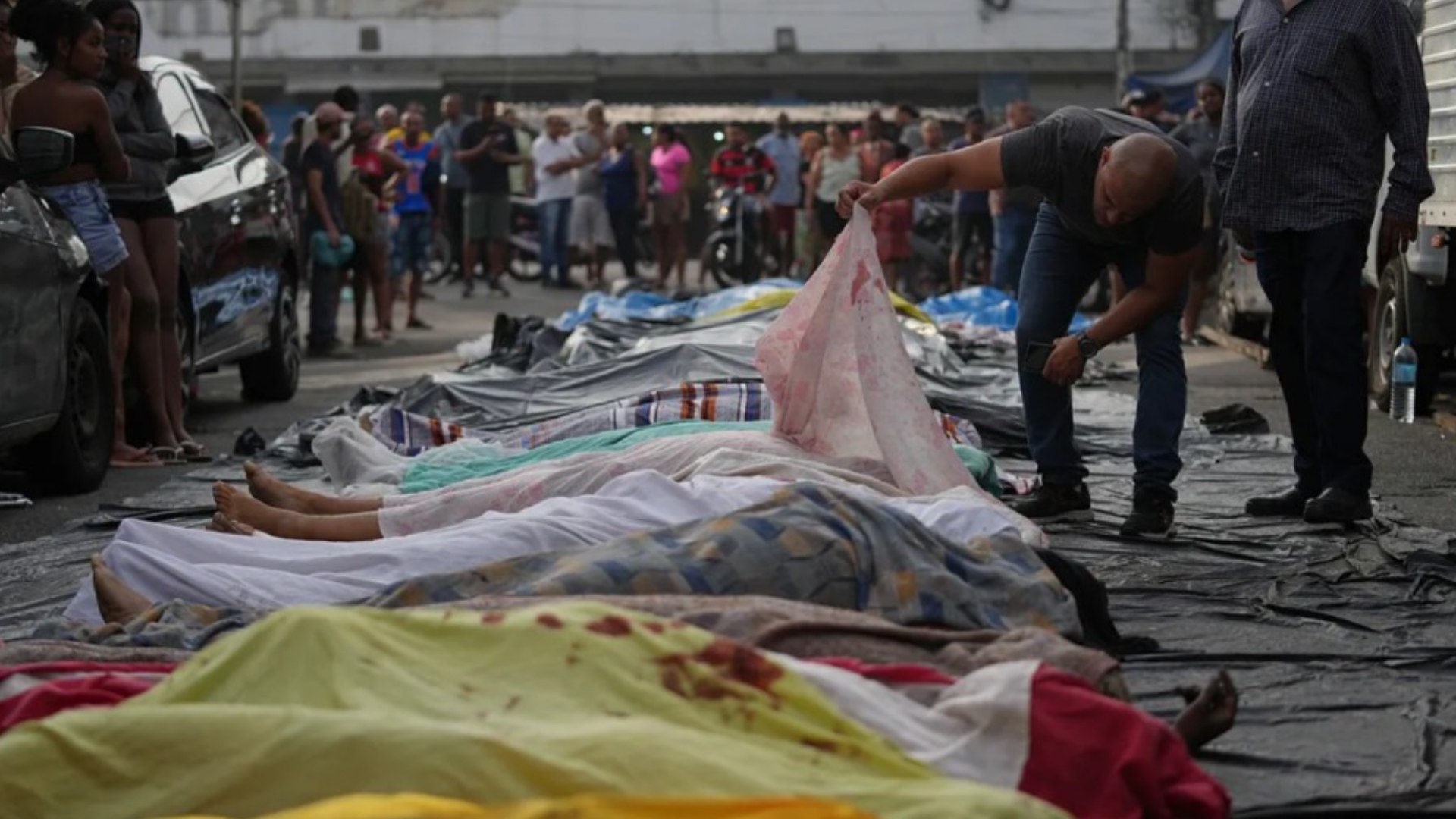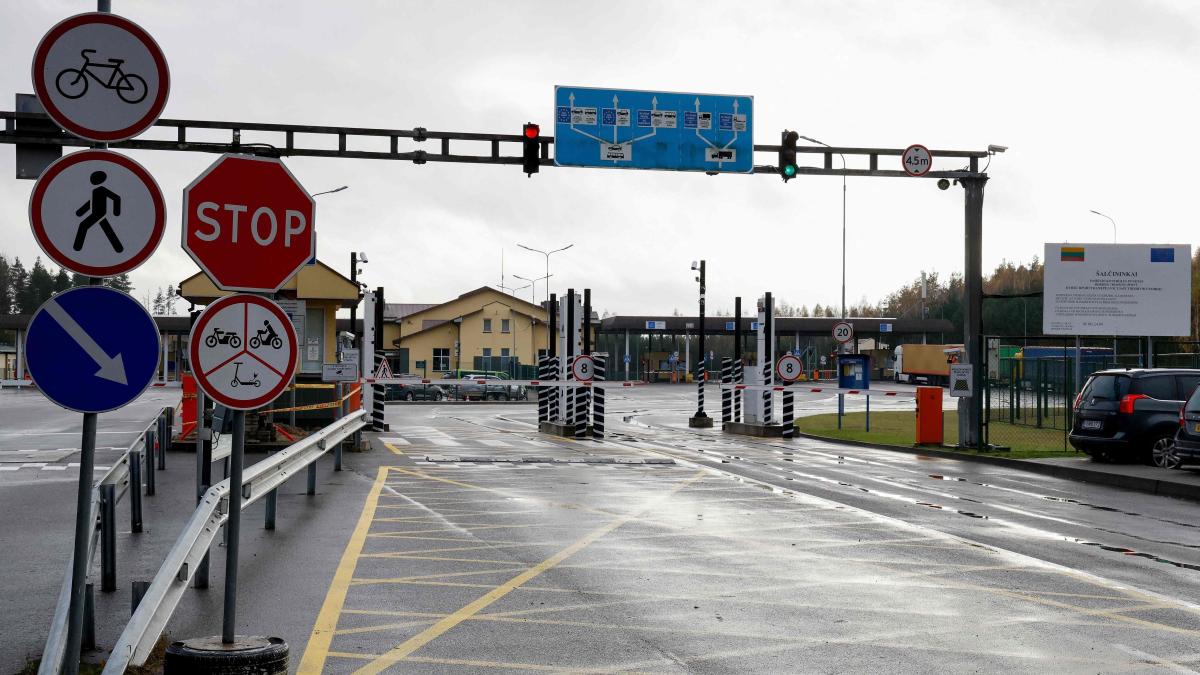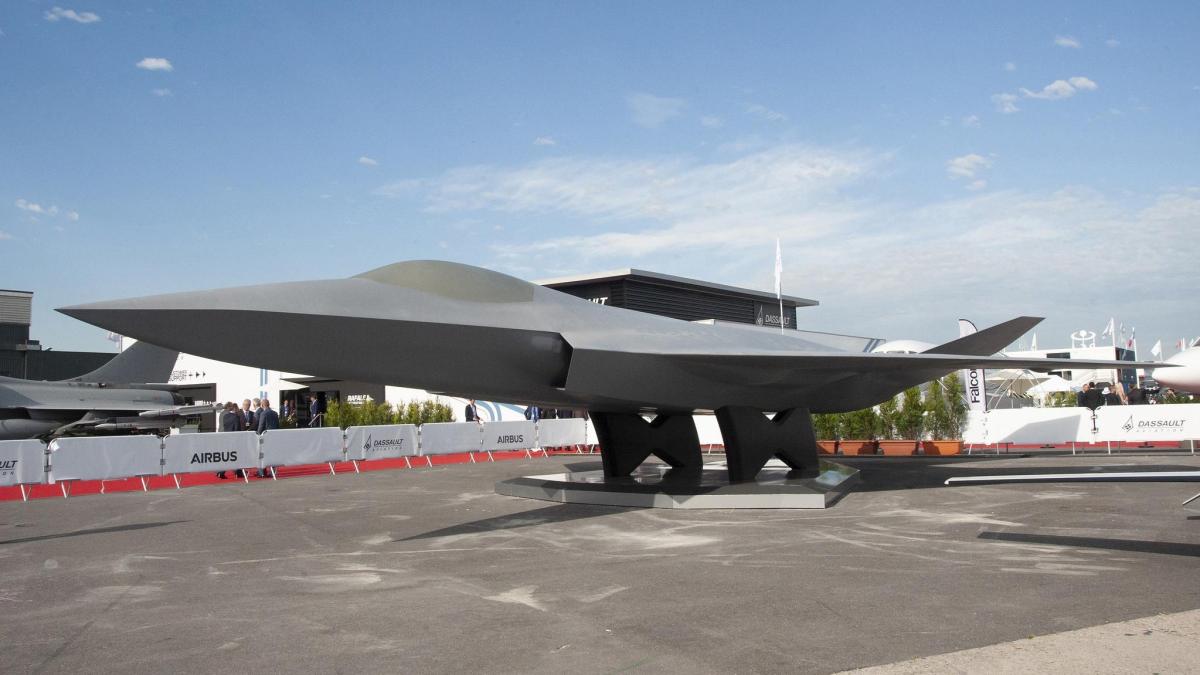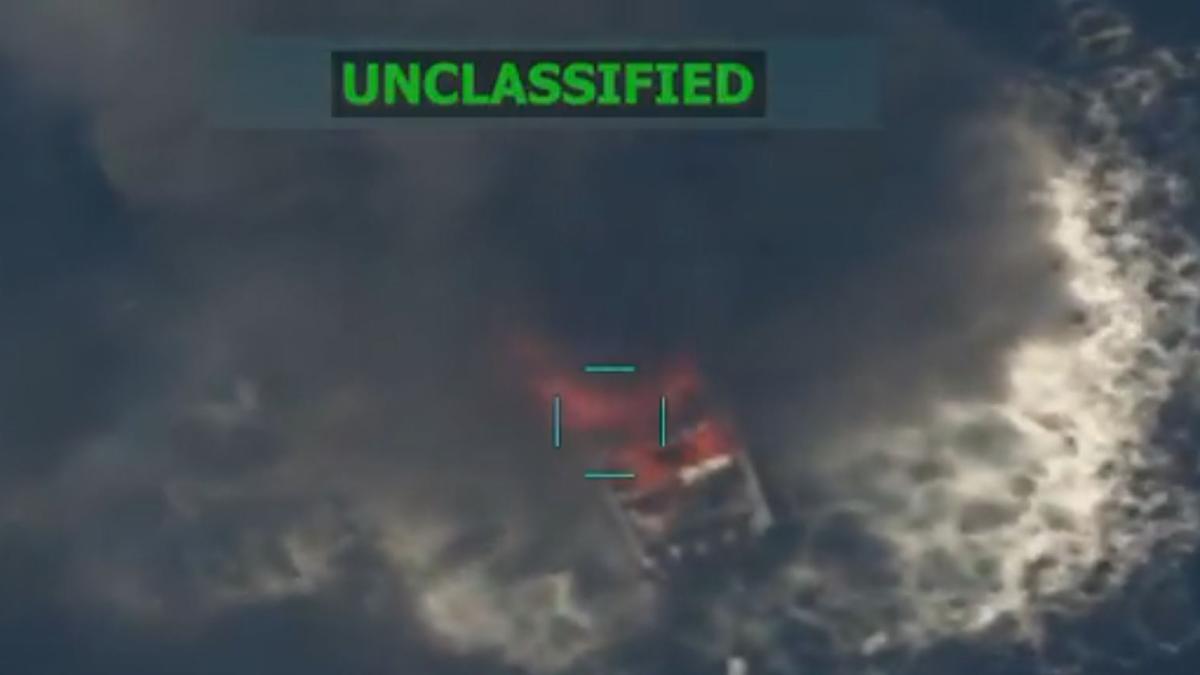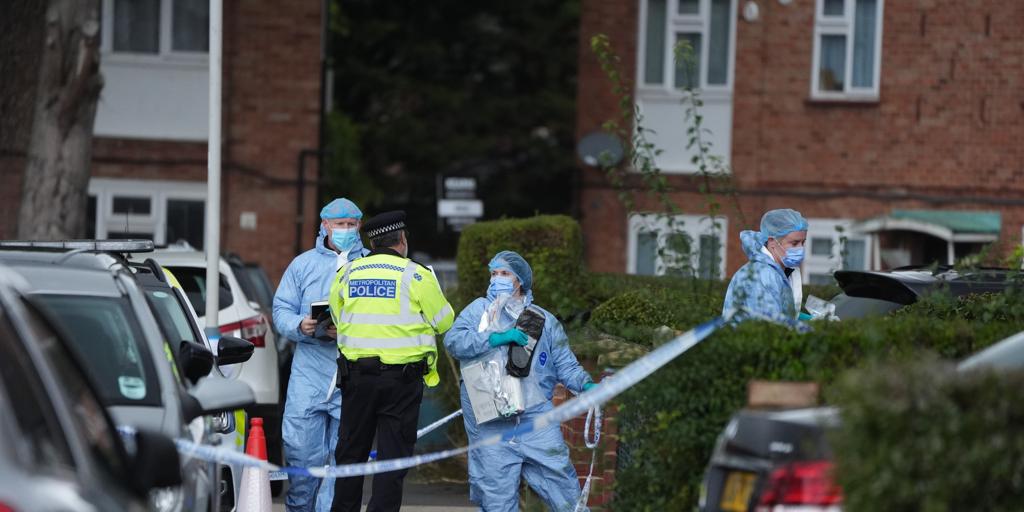Israel and Hezbollah Pursue Peace: A Fragile Path to End Conflict in Lebanon
The narrow strip of territory between the Letani River and the Israeli border has turned into a crucial negotiation ground as both Israel and Hezbollah engage in talks to cease hostilities. The ongoing clashes in this region have already claimed more lives and extended longer than the infamous 2006 warfare.
The Diplomatic Efforts Driven by Hochstein
At the forefront of these negotiations is Amos Hochstein, the U.S. envoy dedicated to fostering a comprehensive yet precarious resolution. His objective is to guarantee a total cessation of hostilities and anticipate future conflicts’ avoidance. Hochstein’s recent two-day discussions in Beirut with key Lebanese politicians, including Prime Minister Najib Mikati and Speaker Nabih Berri, were reportedly productive. “We have made considerable progress… I am heading to Israel soon to see if we can finalize this matter,” Hochstein stated, signaling possible optimism.
The Complexity of Middle Eastern Diplomacy
As the negotiations proceed, Hezbollah has voiced its acceptance of the American proposal, with the new secretary general, Naim Qasem, confirming that terms such as a complete ceasefire and preservation of Lebanon’s sovereignty are paramount. Hezbollah’s military activity will persist regardless of the negotiation outcomes, reaffirming their stance in this delicate balance of power.
Israel’s Motivations amidst the Ongoing Conflict
Following a ground invasion initiated on October 1st, Israel resonates with the ties between military operations and the safety of nearly 60,000 residents evacuated from the north of the country. Defense Minister Israel Katz emphasizes the necessity of preserving military options while pursuing diplomatic resolutions.
Netanyahu’s Political Gambit: A Gesture for Trump?
Recent reports suggest that Israeli Prime Minister Benjamin Netanyahu may be inclined to resolve this conflict, perhaps as a gesture towards former President Donald Trump. This maneuver would enable Israel to refocus efforts on challenges posed by Hamas and Iranian influence, especially as Hochstein collaborates with Trump’s upcoming administration.
Peace or Peril? Revisiting UN Resolution 1701
The current proposal is grounded in the failed UN Resolution 1701, which aimed to end the 2006 war and establish a buffer zone along the Letani River. However, Hezbollah’s presence in this area complicates the enforcement of peace. According to Israeli demands, a new clause would empower their military interventions should the UN prove ineffective.
Israel’s Defensive Strategy: A Double-Edged Sword
Israel seeks to retain its defense capabilities post-agreement, including the right to operate on Lebanese soil if deemed necessary. This stance, however, opens questions about the long-term viability of peace when mutual trust is absent.
The Human Cost of War: Lives Lost in Lebanon
According to the Lebanese Ministry of Health, the death toll has surged to at least 3,544, with 43 casualties reported on the Israeli side since the conflict’s resurgence. Yet, both parties declare their desire for peace amidst ongoing assaults—Israeli airstrikes on Beirut and retaliatory missiles from Hezbollah underscore the urgency of these negotiations.
Hezbollah’s Stance: Refusing External Influence
While both sides make overtures towards peace, Hezbollah remains adamant against any foreign military oversight. Qasem declared, “Israel cannot defeat us or impose its conditions on us. We are men of this land and we will stay here,” emphasizing the steadfastness of the group against external pressures.
Looking Ahead: A Potential for Peace?
Despite the waves of violence, hopes flicker for a potential peace settlement—an agreement heralded by ongoing negotiations could serve as a coherent path to end the perpetual cycle of conflict, particularly as the situation remains precarious, with violations continuing to escalate. As negotiations advance and the specter of past wars looms large, the question remains: will this fragile peace hold, or are we merely observing the calm before another storm?

